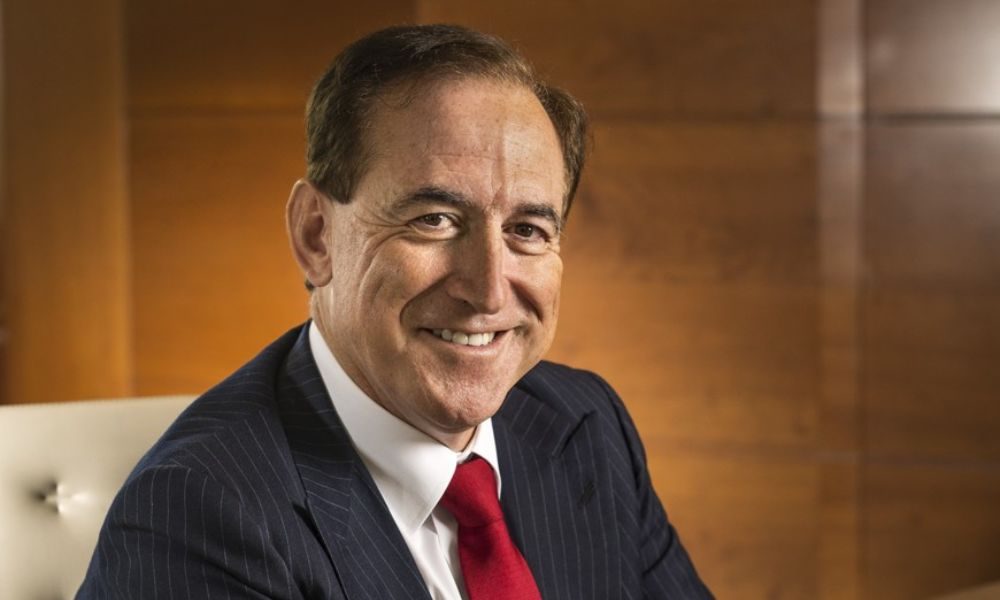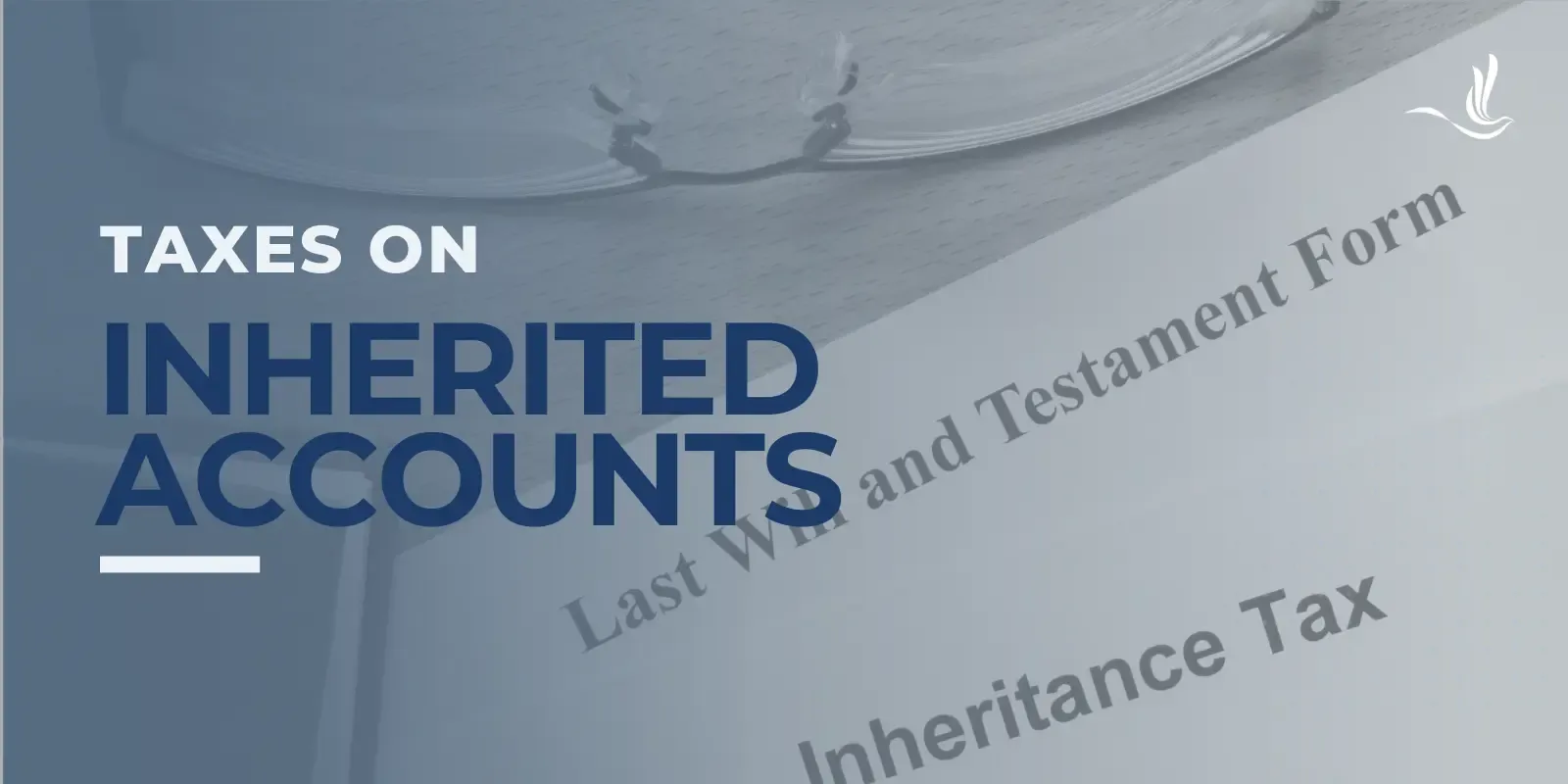Massachusetts is the latest state to update its money transmission laws—a move welcomed not just by consumers but also by the fintechs the law is meant to regulate.
The primary goal of the new legislation is to strengthen consumer protections for users of services such as Venmo, PayPal, and CashApp, “With this new law, consumers in Massachusetts will now have protection when transferring money to friends and businesses through payment apps,” Governor Maura Healey said when signing the bill earlier this year.
The updated rules establish a uniform licensing and compliance framework for all entities engaged in money transmission. Payment apps will now be required to obtain a license and adhere to the regulations and consumer protection standards set by the commonwealth’s Division of Banks. Non-bank entities offering banking services will also face oversight similar to that of traditional financial institutions, including more frequent and detailed reporting requirements.
A Consistent Set of Rules
With the Consumer Financial Protection Bureau taking a back seat under the Trump administration, states are stepping in with new laws of their own. Regulators are working to bring greater consistency to how transmission activity is defined, licensed, and monitored nationwide.
A coalition of state financial regulators has adopted a model framework that allows regulators across multiple states to collaborate on these efforts—an approach known as networked supervision.
Building on that effort, Georgia, Nebraska, Colorado, and Connecticut each updated their transmission statutes earlier this year, bringing the number of states with modernized transmission laws to more than 30.
Appreciating the Guidance
While the new regulations increase the burden on bank-like fintechs, they also create a more navigable landscape for a growing array of payment processors. Many of the older state money transmission laws were designed primarily for services like Western Union and Moneygram.
“New payment entities range from earned wage access entities like Dailypay, to online gambling, to peer-to-peer apps like CashApp and Venmo,” said Don Apgar, Director of Merchant Payments at Javelin Strategy & Research. “Fintechs generally appreciate the guidance instead of having to spend their own legal efforts to figure out what laws apply, if they apply, how they apply, and so forth.
“Organizations like CashApp have to go state by state and get 50 individual licenses to offer their services to residents of those states,” he said. “It’s important that they have consistent laws to deal with.”
Disclaimer: This story is auto-aggregated by a computer program and has not been created or edited by finopulse.
Publisher: Source link







